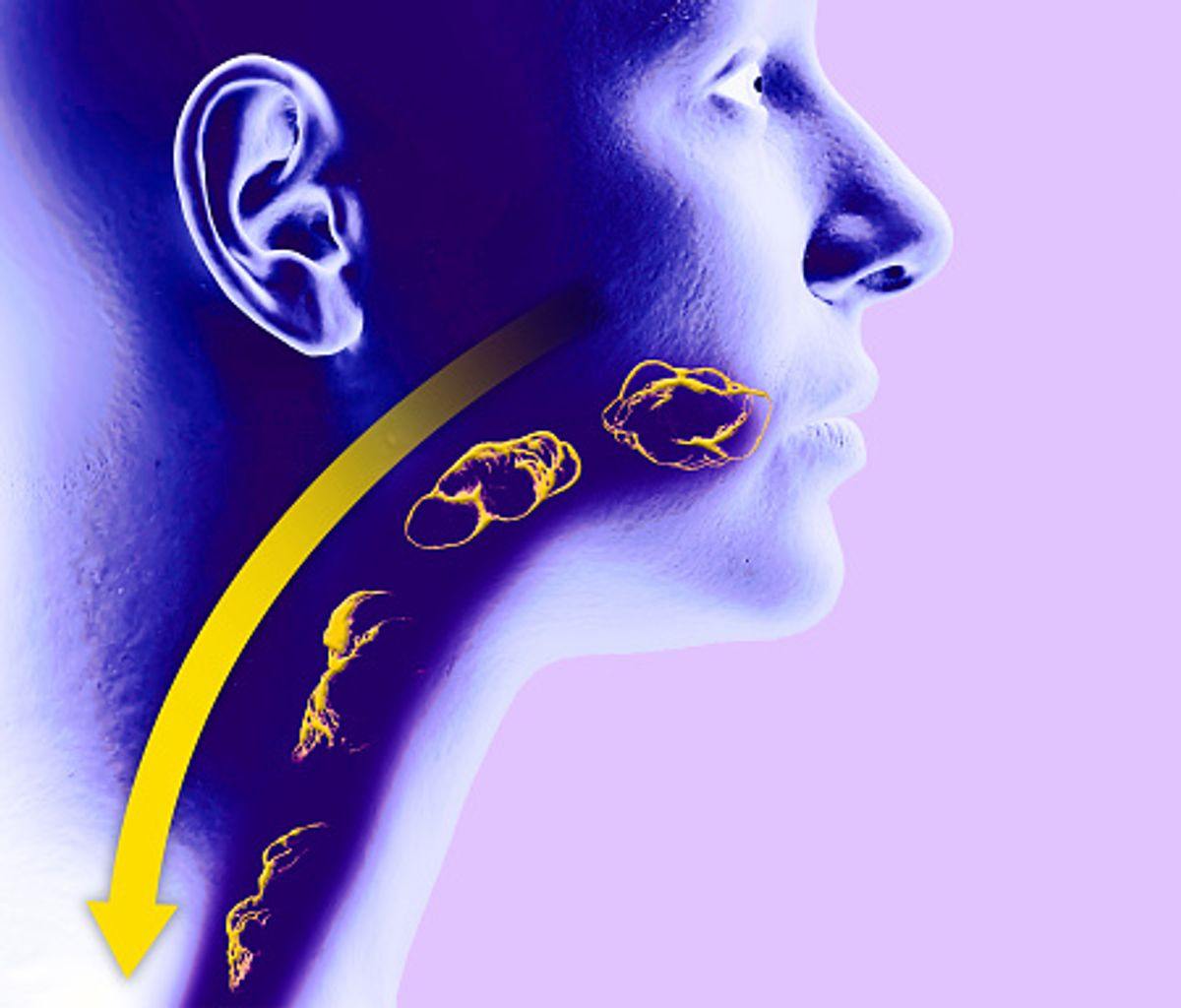Dysphagia can be life-changing. It inhibits your ability to eat and drink and causes chronic and persistent pain. This post explains what to look out for before things get too serious, and common treatment methods for dysphagia.
Table of Contents
Dysphagia Overview
This condition concerns swallowing issues wherein the action of swallowing is difficult or painful. It can put people off eating and drinking and lead to a range of other health issues. Though it is most common in very young and very old people, it can happen to anyone at any time for a number of reasons.
Common Symptoms of Dysphagia
Swallowing is Painful And Difficult
The biggest red flag is difficulty swallowing. If this occurs infrequently, it is unlikely to be dysphagia; however, if it is happening on a daily basis or even more than five times a week, it is time to seek further input. The throat may feel bruised or clogged up and food goes down slowly causing spikes of pain on the way.
Heartburn Happens Frequently
Heartburn is caused by acid from the stomach being pushed back up the throat and is a common symptom and cause of dysphagia. When it is the cause, it is normally in chronic heartburn sufferers known as the GERD condition. When it is the symptom, it can make swallowing even more painful but can be relieved with over-the-counter medication options.
Food Might Feel Stuck
When things have progressed, the food or drink may shift from being simply hard to get down to actually feeling stuck as it goes. Food may feel as though it is stopped at a red light either in the throat or in the breastbone which can be anxiety-inducing. This is normally an indication that things have advanced and professional input should be sought after.
Treatments
Surgery
Some forms of dysphagia, commonly esophageal versions, call for surgery. This is to remove an obstruction such as a tumor. If the dysphagia is a direct result of a cancer diagnosis then further treatment will need to take place such as radiation. However, cancer is not always (or indeed most commonly) the cause behind poor and painful swallowing – so don’t panic. The surgery may also be minor and exploratory in the form of a camera to take a closer look at the throat passage.
Exercises
Throat strengthening exercises are recommended to re-train the muscles involved in the process. These are focused on swallowing techniques and strategies and can help the mouth feel more prepared for meal times. These are focused on the tongue and the esophagus mainly.
Thickeners and Supplements
Thick drinks are actually the easiest thing to swallow, though it may feel counterintuitive. Try using a supplement like SimplyThick Easy Mix to thicken food and drink. This is a really good option for elderly dementia patients who are struggling to regulate their dietary requirements. It can help them get essential nutrients and avoid grave complications.
Dysphagia sufferers do not have to live unaided. There are viable options to improve this condition and finding the right one for your bespoke needs just takes some exploration.
Read also: What Exactly Are Your Brainwaves?




